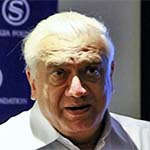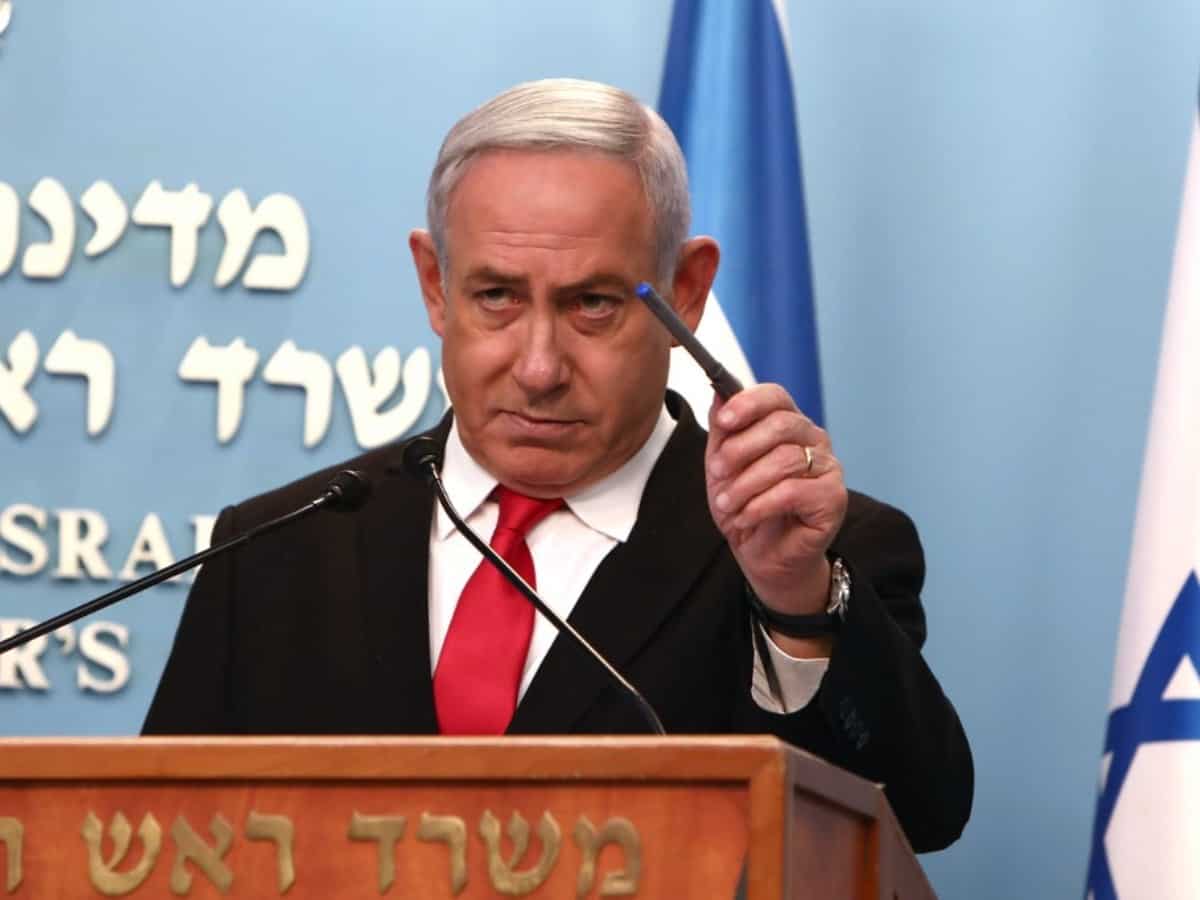
On 13 August, US President Donald Trump announced in the White House a “Strategic agenda for the Middle East to expand diplomatic, trade and security cooperation” embracing three countries—the US, Israel and the United Arab Emirates (UAE). Israel and the UAE will establish full diplomatic relations, while Israel has promised to shelve its plan to annex 30% of the West Bank.
Trump declared this achievement as “HUGE”. Trump’s son-in-law, Jared Kushner, said it represents a “massive change” in the Middle East. UAE official sources claimed they had successfully averted annexation of occupied territories and the attendant violence, while upholding the United Nations-approved “two-state solution” for the Palestinians. The Palestinians have accused the UAE of betrayal and treason.
The announcement has come in the midst of important political developments in both the US and Israel. Trump will face elections in a little over two months, with a strong possibility of defeat, largely due to his mishandling of the pandemic and the economy. In four years, he has no foreign policy achievement to his credit: the UAE-Israel agreement is his first success as president.
Israeli Prime Minister Benjamin Netanyahu is facing corruption charges; he is also being criticised for the major resurgence of Covid-related infections and the collapse of the economy. In this desperate situation, the agreement with the UAE is heaven-sent, allowing him to project himself as a diplomat and statesman.
Sheikh Mohammed bin Zayed Al Nahyan, Crown Prince of Abu Dhabi, has the clearest understanding of his strategic goal; the other two are mere support players in this grand endeavour. As Emirati commentator, Abdulkhaleq Abdullah has clarified: “The UAE wants to make sure, loud and clear, that it’s a major league player. It’s a regional leader.”
The Crown Prince is systematically pursuing this vision. He has sought to support US’ regional interests by deploying forces in south Yemen to take control of the Red Sea port of Mokha and the Indian Ocean ports of Aden and Mukalla. His forces have also gone across the Red Sea waters to the Horn of Africa, where the UAE has established itself at Bossaso (Puntland/ Somalia), Berbera (Somaliland/ Somalia) and Assab (Eritrea). In Libya, the UAE is providing finance and air support to the forces of General Khalifa Hafter against the Turkey-supported government in Tripoli.
The UAE’s core security concerns pertain to Iran and the Muslim Brotherhood. Iran is viewed as capable of causing considerable damage to UAE interests and assets in a US-Iran confrontation. To avoid regional conflict, the UAE uses diplomacy: in May last year, as US-Iran tensions escalated in the Gulf waters, the UAE sent two delegations to Tehran to ensure that maritime contentions did not spin out of control.
Again, while the UAE is confident it can handle the Brotherhood threat domestically, it knows that Qatar, Iran and Turkey back the Brotherhood, which makes its ideological challenge a regional security threat. Hence the UAE’s lead role in initiating and keeping in place, from June 2017, the “siege” of Qatar—the political, economic and logistical sanctions to wean Qatar away from its affiliation with the Brotherhood. Ultimately, the UAE would like to elbow out Qatar and emerge as the US’s principal ally in the region.
The UAE’s interactions with Israel go back 20 years, but became particularly robust when the Obama administration began negotiations on nuclear issues with Iran. UAE’s interest in formalising this engagement with Israel at this point is intended to make a dramatic public gesture of support for Trump and Netanyahu—both under pressure at home.
Beyond the immediate goodwill generated, the UAE has a longer term interest: by backing Trump and Netanyahu, the UAE has solidified its ties with the pro-Israel lobbies in the US; most of them are on the hard right and back Netanyahu’s maximalist agenda with regard to the occupied territories, i.e. expansion of settlements and eventual annexation.
The UAE initiative has little to do with any immediate concerns of its own—contrary to media speculation, Israel cannot do much with regard to the Brotherhood or Iran. The affiliation with the US will give the required degree of strategic comfort to the UAE to ensure that Iran remains restrained and does not direct its firepower at the UAE. Despite Iran’s ire at the UAE agreement with Israel, the two countries may be expected to maintain discreet interactions.
Also, the UAE isn’t concerned about the annexation by Israel of parts of the West Bank—with 600,000 Israeli settlers residing there, they are already effectively “annexed” to Israel.
According to several commentators, with this agreement, the Palestinian cause has been mortally wounded. This point is misconceived. Palestine ceased to be a concern for Arab governments after the 1967 war; since then the Palestinians themselves have been responsible for safeguarding their interests in extremely difficult circumstances.
Their cause does resonate forcefully with the Arab people at large, which is why governments have been reluctant to formalise links with Israel. However, the UAE and most Gulf Arab states maintain tight control over their small populations and have little to fear from dissident voices. Saudi Arabia, on the other hand, has a large population of over 20 million, many of whom are deeply attached to the Palestinian cause. Hence, Saudi Arabia is likely to hold back from ties with Israel for now.
India has formally welcomed the agreement. Despite Prime Minister Narendra Modi’s high-profile interactions with the region in his first term, India’s ties with different countries remain bilateral and transactional; it has shown no interest in emerging as a security-provider, and remains a detached observer of regional affairs.
The UAE-Israel agreement will effect no strategic change in the regional scenario: Trump and Netanyahu will continue to struggle for electoral success. The UAE, with solid ties with the pro-Israel lobbies, will seek a larger role for itself in the region in support of US interests.
Fault-lines in the region will continue to deepen, and West Asia will remain as dangerous as before.
The author is a former Indian ambassador to Saudi Arabia, Oman and the UAE, and holds the Ram Sathe Chair for International Studies, Symbiosis International University, Pune

